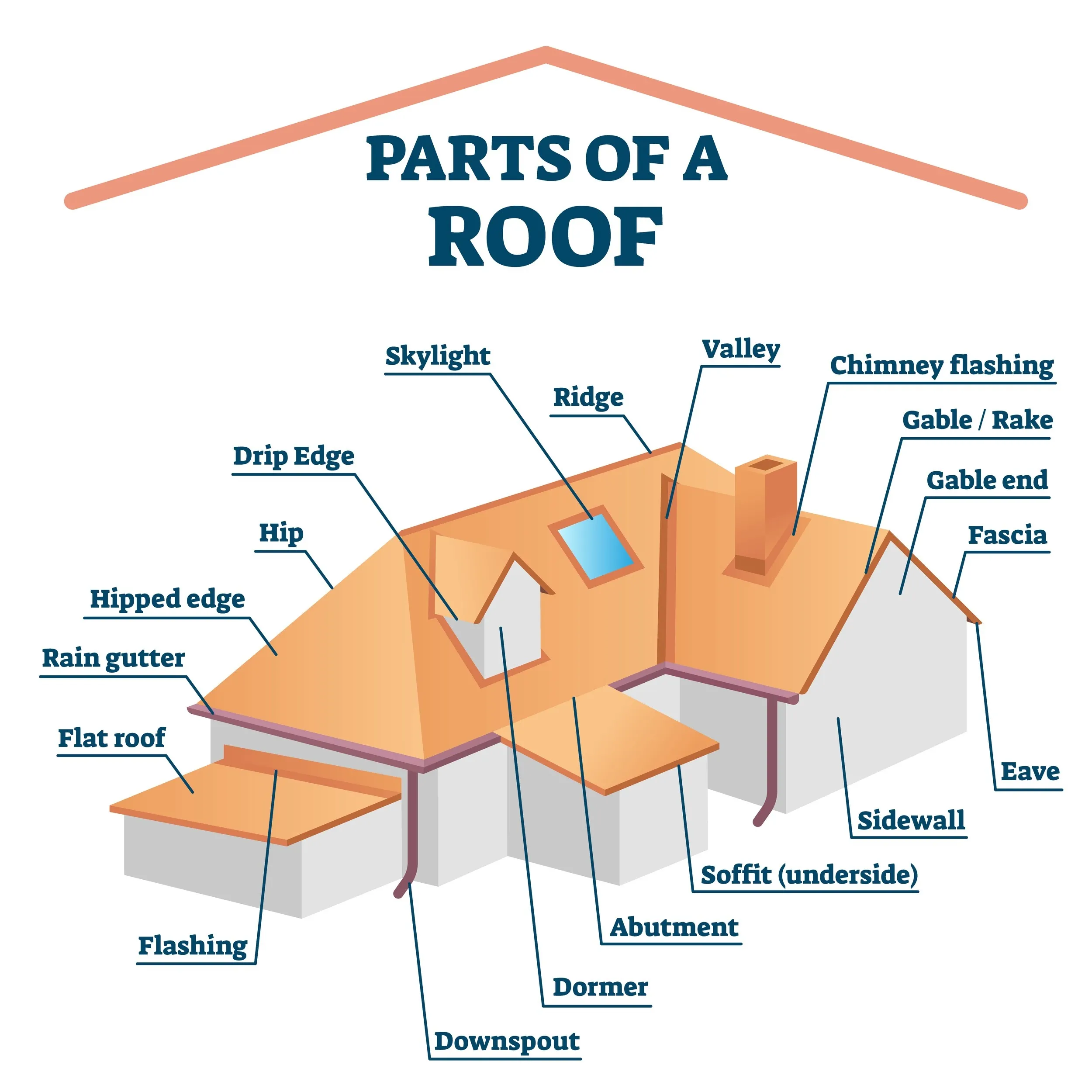Car Value Assessment: Complete Guide to Determining Your Vehicle's Worth
Determining your car's value requires understanding multiple factors that influence automotive pricing in today's market. Vehicle valuation encompasses various assessment methods, from professional appraisals to online estimation tools, each offering different perspectives on your car's worth.
The automotive resale market operates on complex algorithms considering vehicle condition, mileage, age, brand reputation, and regional demand. These factors create a dynamic pricing environment where values fluctuate based on market conditions, seasonal trends, and consumer preferences.
Key Factors Affecting Vehicle Valuation
Several critical elements determine your car's market value. Mileage remains one of the most significant factors, with lower-mileage vehicles typically commanding higher prices. However, maintenance history often proves equally important, as well-documented service records demonstrate responsible ownership and mechanical reliability.
Vehicle condition encompasses both mechanical and aesthetic aspects. Minor cosmetic issues might reduce value by hundreds of dollars, while major mechanical problems can decrease worth by thousands. Interior condition, including seat wear, dashboard condition, and electronic functionality, significantly impacts overall valuation.
Brand reputation and model popularity directly influence resale values. Luxury vehicles often depreciate faster initially but may retain value better over extended periods. Conversely, reliable economy cars might maintain steady value due to consistent demand in the used car market.
Regional Market Variations
Geographic location substantially affects vehicle values. Urban areas typically offer higher prices due to increased demand and population density. However, rural regions might value certain vehicle types differently, particularly trucks and SUVs suited for specific terrain or climate conditions.
Seasonal factors also influence pricing. Convertibles command premium prices during spring and summer months, while four-wheel-drive vehicles see increased demand before winter seasons. Understanding these patterns helps optimize timing for vehicle sales.
Professional Appraisal Methods
Professional appraisers utilize standardized evaluation criteria to determine vehicle worth. These assessments consider mechanical condition, body integrity, interior quality, and market comparables. Certified appraisers provide detailed reports documenting their findings and valuation methodology.
Dealership appraisals offer another professional perspective, though these evaluations often reflect trade-in values rather than private sale prices. Dealers consider their reconditioning costs, potential profit margins, and inventory needs when determining offers.
Independent mechanics can provide valuable insights into vehicle condition, particularly regarding potential mechanical issues that might affect value. Their assessments help identify necessary repairs and their associated costs, enabling more accurate valuation calculations.
Online Valuation Tools and Resources
Digital platforms have revolutionized vehicle valuation by providing instant estimates based on extensive market data. These tools analyze thousands of comparable sales, current listings, and market trends to generate pricing ranges.
Popular online resources include established automotive guides that have adapted their traditional valuation methods for digital platforms. These services consider vehicle specifications, condition reports, and local market conditions to provide comprehensive estimates.
Specialized platforms focus on specific vehicle types, such as classic cars, luxury vehicles, or commercial trucks. These niche services often provide more accurate valuations for specialized vehicles that general-purpose tools might not evaluate properly.
Accuracy Considerations
Online tools provide starting points rather than definitive values. Their algorithms rely on reported data, which may not accurately reflect actual transaction prices. Market conditions change rapidly, and automated systems might lag behind current trends.
Users should obtain multiple estimates from different sources to establish valuation ranges. Comparing results helps identify outliers and provides more reliable pricing expectations. Remember that online estimates typically represent average market conditions and may not reflect specific vehicle circumstances.
Market Analysis Techniques
Conducting personal market research provides valuable insights into current pricing trends. Analyzing similar vehicles in your area helps establish realistic price expectations and identify competitive advantages your vehicle might possess.
Online marketplaces offer extensive data on comparable vehicles. Examining listings with similar specifications, mileage, and condition provides real-time market information. Pay attention to listing duration, as vehicles remaining unsold for extended periods might indicate overpricing.
Auction results provide another market indicator, particularly for unique or classic vehicles. Auction prices often reflect true market demand and can indicate whether certain models are appreciating or depreciating in value.
Timing Considerations
Market timing significantly affects vehicle values. Economic conditions, fuel prices, and industry trends all influence automotive demand. Understanding these broader factors helps predict value fluctuations and optimal selling opportunities.
Model year transitions often create opportunities for better valuations. Current model year vehicles might command premium prices, while previous years might offer better value propositions for buyers seeking near-new vehicles at reduced prices.
Preparation Strategies for Maximum Value
Proper preparation can significantly increase your vehicle's market value. Thorough cleaning, both interior and exterior, creates positive first impressions and suggests careful maintenance. Professional detailing services often provide substantial return on investment through improved appearance.
Addressing minor mechanical issues before evaluation prevents these problems from negatively impacting value assessments. Simple repairs like replacing worn tires, fixing small dents, or addressing warning lights can improve valuations substantially.
Documentation plays a crucial role in establishing value. Maintenance records, warranty information, and repair receipts demonstrate responsible ownership and help justify higher asking prices. Original equipment, spare keys, and owner's manuals also contribute to overall value.
Understanding Different Sale Channels
Various sale channels offer different value propositions. Private sales typically yield highest returns but require more time and effort. Buyers in private transactions often pay premium prices for well-maintained vehicles with documented history.
Dealer trade-ins provide convenience but usually result in lower valuations. Dealers must account for reconditioning costs, potential warranty obligations, and profit margins when making offers. However, trade-ins can offer tax advantages and simplified transactions.
Specialty dealers focusing on specific brands or vehicle types might offer better valuations for appropriate vehicles. These dealers understand niche markets and often have established customer bases seeking specific vehicles.
Auction Considerations
Auction sales can produce excellent results for unique or desirable vehicles. Classic cars, luxury vehicles, and rare models often perform well in auction environments where competitive bidding drives prices higher.
However, auction sales involve risks including reserve prices, seller fees, and uncertain outcomes. Vehicles failing to meet reserve prices might not sell, while successful auctions incur various fees that reduce net proceeds.
Negotiation Strategies
Effective negotiation begins with thorough preparation and realistic expectations. Understanding your vehicle's true market value provides confidence during discussions and helps identify reasonable offers versus lowball attempts.
Presenting comprehensive documentation supports higher price justifications. Maintenance records, recent repairs, and upgrade receipts demonstrate value-added investments that justify premium pricing.
Flexibility in negotiation terms can facilitate successful transactions. Considering alternative arrangements such as extended payment terms, included warranties, or additional services might create mutually beneficial agreements.
Market Trends and Future Considerations
Current automotive markets reflect significant changes in consumer preferences, technology adoption, and environmental concerns. Electric vehicle adoption affects traditional vehicle valuations, while supply chain disruptions have created unusual market conditions.
Technology integration increasingly influences vehicle values. Vehicles with advanced safety features, connectivity options, and driver assistance systems command premium prices and retain value better than basic models.
Environmental regulations and fuel efficiency standards continue shaping market preferences. Vehicles meeting current emission standards and achieving excellent fuel economy ratings typically maintain stronger resale values.
Future Value Predictions
Predicting future vehicle values requires understanding industry trends, technological developments, and regulatory changes. Vehicles with timeless designs, proven reliability, and strong brand recognition often maintain value better than trendy models.
Classic car markets demonstrate how certain vehicles can appreciate over time. Vehicles with historical significance, limited production numbers, or cult followings might increase in value rather than depreciating like typical automobiles.
Professional Services and Expert Consultation
Certified automotive appraisers provide comprehensive evaluations for insurance, legal, or financial purposes. These professionals understand industry standards and provide detailed reports suitable for official documentation.
Automotive consultants specializing in specific brands or vehicle types offer specialized knowledge valuable for unique or rare vehicles. Their expertise helps navigate complex valuation scenarios and identify potential market opportunities.
Financial advisors can provide perspective on vehicle values as assets, particularly for classic or collectible automobiles. Their insights help determine whether specific vehicles represent sound investments or should be treated as depreciating assets.
Conclusion
Determining your vehicle's accurate market value requires comprehensive analysis combining multiple assessment methods, market research, and professional insights. Understanding various factors affecting valuation enables informed decisions about selling, trading, or retaining vehicles.
Successful vehicle valuation depends on thorough preparation, realistic expectations, and market timing. By utilizing available resources and understanding current market conditions, vehicle owners can maximize their returns while making informed decisions about their automotive assets.












